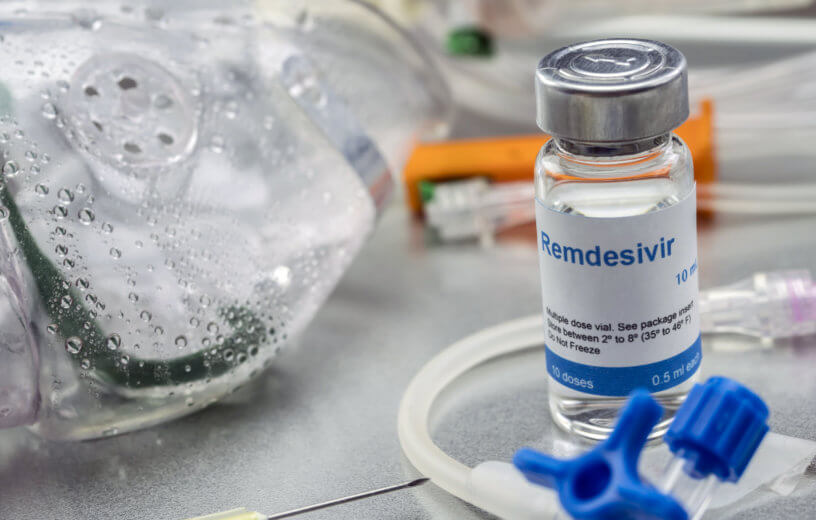BOSTON – Remdesivir, sold under the brand name Veklury, is an antiviral medication developed by the pharmaceutical company Gilead Sciences. While the safety and efficacy of the drug have not yet been proven, the Food and Drug Administration (FDA) has approved it for emergency treatment of COVID-19. Following the FDA’s approval, the United States promptly bought up virtually the entire global supply of remdesivir. Scientists and health officials warn that this decision could prove deadly for other countries.
According to a new report by researchers at Boston University School of Public Health, remdesivir can reduce COVID-19 deaths by as much as 30%. It can also reduce the amount of time patients need intensive care from an average of 15 days to 11 days. This faster patient turnover means that more patients can receive treatment, which is particularly valuable in areas with limited hospital capacity.
Remdesivir could save thousands in South Africa
One country with limited hospital capacity is South Africa. Boston University researchers created a model to investigate a three- to six-month period when severe cases in the country will exceed the 3,450 available ICU beds. They estimate that remdesivir could increase the number of patients who are able to be treated in South Africa’s ICUs by more than 50%. This could save up to 6,862 lives per month as cases peak. When considering the number of lives saved directly from remdesivir, as many as 13,647 lives could be helped in South Africa by December.
“There are many countries with limited ICU capacity that could benefit from this double impact on mortality,” says lead author Brooke Nichols, assistant professor of global health at BUSPH, in a statement. “Why would you use a drug–that has limited availability–to save one life when that same drug could be used to save two lives?”
Nichols explains she has concern about U.S. hoarding of remdesivir, especially if the drug isn’t allocated to areas overwhelmed with patients.
“Because more lives can be saved per person treated when using remdesivir in places where ICU resources are breached, using remdesivir when ICU resources are not breached would be a misallocation of scarce resources,” she says.
The study is published in the journal Clinical Infectious Diseases.
Like studies? Follow us on Facebook!
